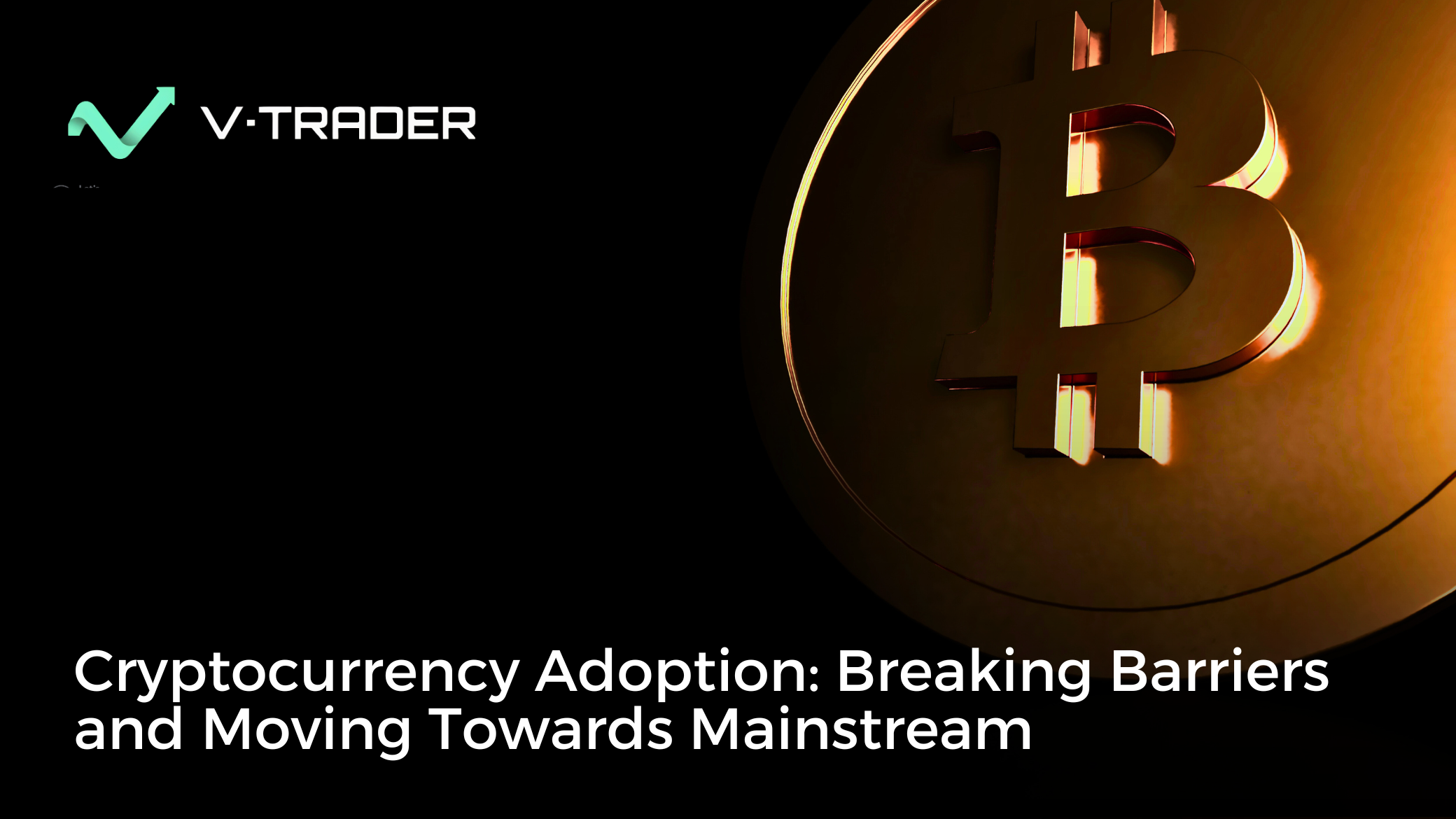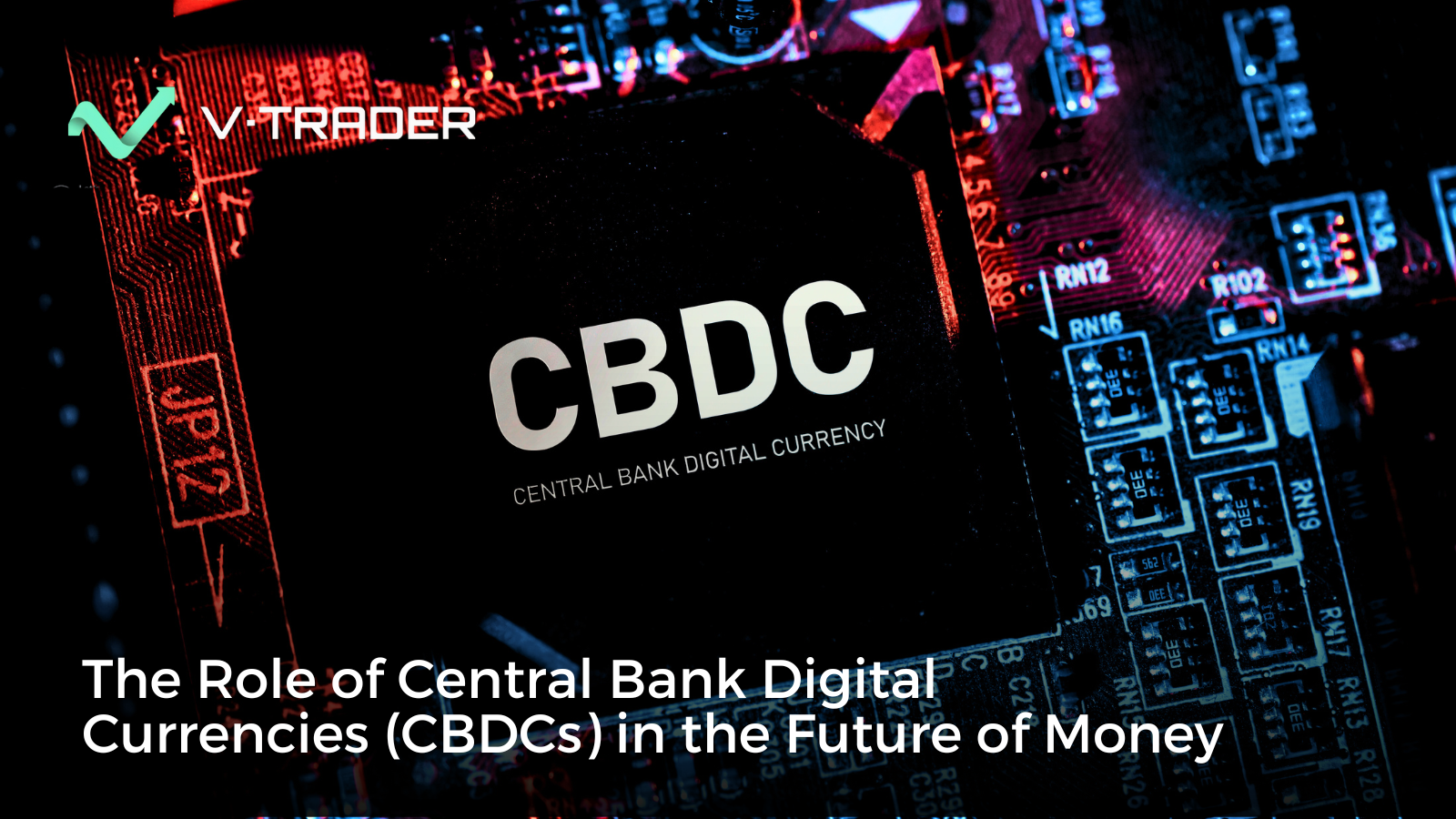Solana developers have swiftly addressed a zero-day vulnerability that had the potential to cause mayhem in the crypto world by allowing unlimited minting of certain tokens. Identified on April 16, this bug, if exploited, could have enabled an attacker to forge invalid proofs, affecting Solana’s innovative “Token-22 confidential tokens.” The Solana Foundation, in a May 3 report, confirmed that no exploit occurred and all funds remain safe, as validators have now upgraded to the patched version.
A Close Call for Token-22
Token-22 confidential tokens, leveraging zero-knowledge proofs for private transactions, were at the heart of the vulnerability. The issue lay in the omission of key algebraic components from the hash during the Fiat-Shamir Transformation’s transcript generation—a critical process in creating public randomness through cryptographic hashing. This flaw could have allowed attackers to craft forged proofs, passing verification to mint and pilfer Token-22 tokens.
Developers from Anza, Firedancer, and Jito spearheaded the patching efforts, with assistance from Asymmetric Research, Neodyme, and OtterSec. Within two days of its discovery, the majority of Solana validators had adopted the necessary fixes, ensuring the network’s continued security. This incident highlights the ongoing challenges in the crypto space, as noted in CoinGecko’s report on crypto token failures, where many tokens have struggled to maintain viability.
Centralization Debate Surfaces
Despite the rapid response, the Solana Foundation’s method of handling the issue behind closed doors with validators has sparked concerns about centralization. Critics, including a contributor from Curve Finance, have raised eyebrows over the foundation’s direct communication with validators, fearing potential censorship or rollback of transactions.
Anatoly Yakovenko, CEO of Solana Labs, didn’t shy away from these claims. He pointed out that coordination among validators is not unique to Solana, citing that a significant portion of Ethereum’s validators are controlled by exchanges and major staking operators like Lido. Yakovenko emphasized the necessity of such coordination in maintaining network integrity, suggesting that if Ethereum faced a similar issue, similar measures would be required. This is particularly relevant as the crypto ecosystem evolves, with projections that Bitcoin DeFi could surpass Ethereum and Solana in user adoption.
Decentralization: The Ethereum Perspective
Ethereum community member Ryan Berckmans provided a counterpoint, asserting that Ethereum’s client diversity acts as a bulwark against such centralization concerns. He noted that the most popular Ethereum client, geth, only commands 41% market share, as opposed to Solana’s reliance on a single production-ready client, Agave.
Berckmans argued that for Solana to achieve true decentralization at the client level, the introduction of at least three clients is crucial. Solana’s upcoming client, Firedancer, slated for release in the coming months, is expected to bolster network resilience and uptime, but the broader concerns about centralization remain.
Looking Ahead
This incident underscores the delicate balance between security and decentralization in blockchain networks. As Solana prepares to introduce Firedancer, it faces the challenge of maintaining its rapid growth while addressing centralization concerns. The crypto community will watch closely to see if these changes enhance Solana’s robustness and decentralization.
While the immediate threat has been neutralized, the episode leaves lingering questions about how blockchain networks should handle vulnerabilities. The debate over centralization versus decentralization is far from settled, as networks like Solana and Ethereum continue to evolve amid an ever-watchful community.
Source
This article is based on: Solana devs fix bug that allowed unlimited minting of certain tokens
Further Reading
Deepen your understanding with these related articles:
- US crypto groups urge SEC for clarity on staking
- Restaking can make DeFi more secure for institutional traders
- Crypto Coalition Tells SEC Staking Is ‘Essential Good,’ Not a Security

Steve Gregory is a lawyer in the United States who specializes in licensing for cryptocurrency companies and products. Steve began his career as an attorney in 2015 but made the switch to working in cryptocurrency full time shortly after joining the original team at Gemini Trust Company, an early cryptocurrency exchange based in New York City. Steve then joined CEX.io and was able to launch their regulated US-based cryptocurrency. Steve then went on to become the CEO at currency.com when he ran for four years and was able to lead currency.com to being fully acquired in 2025.


